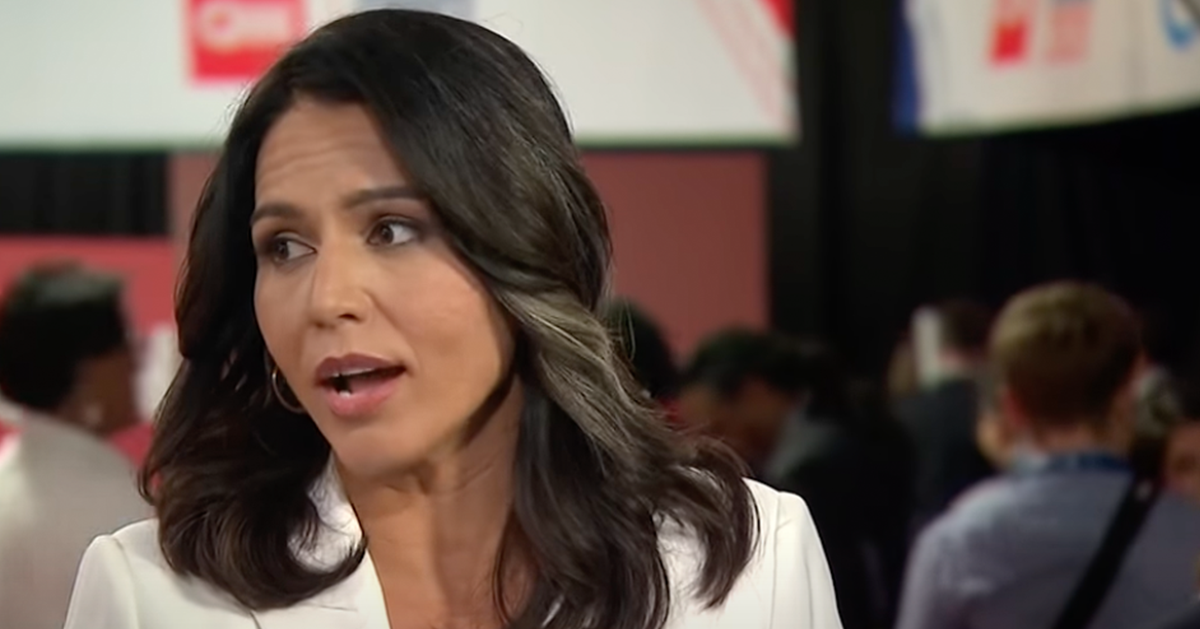TX County Modifies Income Assistance Program Following State Supreme Court Ruling
In Harris County, Texas, local authorities have revamped a guaranteed income initiative to align with state legal standards, a move triggered by a Texas Supreme Court decision.
The newly adjusted Uplift Harris program, lauded by liberals, now provides restricted aid to 1,600 families, focusing on essential needs to circumvent prior legal issues underscored by the state's high court, as Fox News reports.
The original Uplift Harris guaranteed income program, launched with $20.5 million from the federal American Rescue Plan Act, was designed to offer $500 monthly to families for 18 months. This effort aimed to combat poverty by providing direct financial support.
However, the program faced a major setback when the Texas Supreme Court ruled it potentially unconstitutional in June, sparking a need for its redesign.
Harris County leaders responded by approving modifications that would keep the initiative within legal bounds. The revised scheme involves distributing $500 on monthly debit cards usable only for essential purchases such as groceries and medicine.
Legal Challenges Prompt Restructuring of Aid Program
The decision to revise the program was influenced by legal actions from notable Republican figures, including Texas Attorney General Ken Paxton and State Sen. Paul Bettencourt. Their objections highlighted concerns about the program's legality under state law.
Harris County Attorney Christian Menefee defended the original program’s intent but acknowledged the political and legal hurdles that led to its restructuring.
"The county may create a new program with spending restrictions to address politically charged challenges brought by Republican officials. It is my hope that this new program will not bring another lawsuit from the AG, and allow Harris County residents to receive much-needed relief," Menefee stated, reflecting on the challenges faced.
Community Leaders Debate Program's Merits and Flaws
While some local leaders like Harris County Judge Lina Hidalgo advocated strongly for the program, citing the urgent need for anti-poverty measures, others criticized the approach. Commissioner Tom Ramsey argued that the funds could be better used for long-term community investments.
"This is not the way to do it...This court has a history of trying to rewrite the lines and rules and laws and this is just another example," Ramsey said, expressing his disapproval of the program’s method and expenditure.
"Harris County has a spending problem, not a revenue problem. You can invest $20M in the most underserved neighborhood in Harris County and change it for 50 years. Instead, we’re spending $20M to give less than 2,000 families $500/month for 18 months...We’re told what they can spend can be somewhat restricted through a debit card, but why attempt to do something we have already been told is not legal? This is bad policy," he continued.
Program Rollout Expected Within Months
The logistics of the revamped program are currently being finalized, with plans to start distributing the debit cards within four months. This timeline aims to minimize the disruption for the 1,600 families initially enrolled back in March, who have faced uncertainty since the legal challenges arose.
"Hundreds of Harris County families were counting on $500 monthly payments back in April to help lift them out of poverty, and they were left in the lurch because of Texas state leaders’ political posturing," Judge Hidalgo remarked on the impact of the delay caused by the legal battles.
Despite the setbacks, Judge Hidalgo remains optimistic about the modified program’s potential to assist families in need. "While launching this new program instead of a guaranteed income program isn’t ideal, it’s the best way we can try to keep our promise to these families," she said, emphasizing the compromise reached.
Addressing Poverty Amidst Political and Legal Conflicts
The Uplift Harris program's redesign represents a significant pivot in how Harris County aims to address systemic poverty under the shadow of stringent legal scrutiny. It underscores the complex interplay between social welfare initiatives and political challenges in Texas.
The substantial demand for the original program, as evidenced by over 1,900 applicants from more than 80,000 applications, illustrates the acute need for financial assistance among Harris County residents.
This situation continues to evolve as county officials navigate the legal landscape, hoping to provide sustainable aid without further legal complications.
In conclusion, the revised Uplift Harris program seeks to provide essential support to families in need while adhering to the legal requirements set by state authorities. The initiative remains a focal point of local political and legal discussions, reflecting broader debates over the role of government in mitigating poverty.






